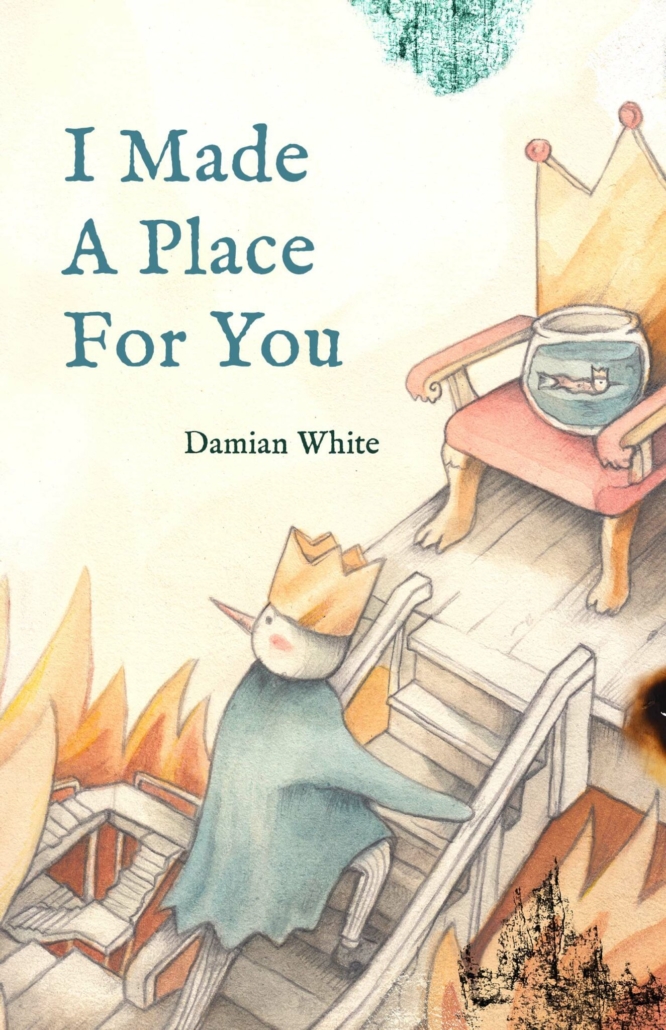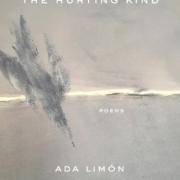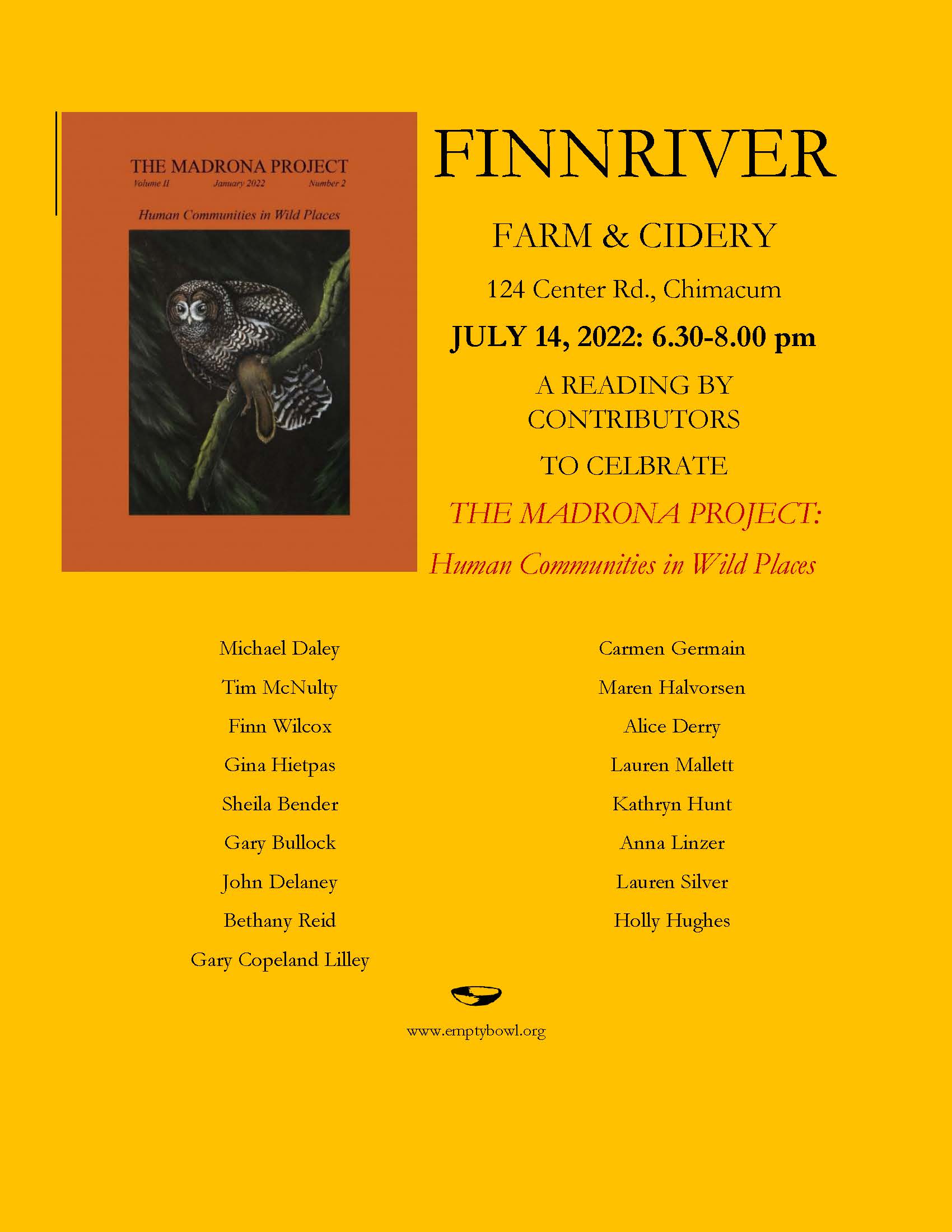I Made a Place for You
One cool perk of blogging is that occasionally complete strangers contact me out of the blue and ask if I would like to have a book. My answer is always, Yes! Book, please!
This week’s mail brought me a chapbook of poems from Atmosphere Press, a debut collection by Damian White, of  Columbus, Ohio. When I receive poetry books, I often set them aside until my April poetry blogging binge (a book a day), but I Made a Place for You was just released, and I told Damian I would blog about it right away.
Columbus, Ohio. When I receive poetry books, I often set them aside until my April poetry blogging binge (a book a day), but I Made a Place for You was just released, and I told Damian I would blog about it right away.
The poems are short—“language poetry crossed with gospel,” as one reviewer puts it—but they well up from the poet’s own life and are a testament to how dire circumstances (in White’s case, homelessness) can be “channeled … into poetry to heal a fractured identity.” Predictably the poems are often ontological, a chronicle of a spiritual journey.
God’s Typewriter
The Golden Rule of speech is
to speak when spoken throughBe a prophet of God’s whispers
sacral thoughts
resurrect the spine
unveil the stature of man
and poise his penAm I the poem or the poet?
words linger on my tongue
forlorn and ephemeralI am more written than writer
an opus of cathartic scribble
unfurling my fleshiest truth—Damian White
The first time through this poem I thought “sacral” was an error, but right after we get “resurrect the spine” and suddenly it’s all wordplay. The poet raises the old question (how do we tell the dancer from the dance?) but embeds it in the language arts. Poem or poet, more written than writer. We shape our writing, and writing shapes us. This of course is the secret that all poets know. We are our own opus.
Many of the poems are dark—“Pain gushes,” “Words abet,” we encounter “despair’s vile grip”—but in “Good Mourning,” the poet turns the darkness we are made of upside down: “We are soil. / Basal, vital, and better suited for / sunshine.” The darkness turns out to be only one edge, with the other catching the light.
I Made a Place for You is whimsically and colorfully illustrated by Francesco Orazzini, an Italian artist now living in Mexico City. And the book might be taken as whimsical (when you’re not fixed on the aforementioned dark edge). But there’s also that deepness to the poems, the wellspring of life experience, and a sense of poetry, once again, redeeming a life.
In the poet’s own words, one learns to speak “when spoken through.”




 little stuff and do some serious whining. On the other hand, sometimes I already practice this. A grown daughter hijacks a day when I really wanted to get other things done, and I decide to embrace it. My husband gets in a fender-bender, and I’m shot through the heart with gratitude that it was just a fender-bender and not anything worse. I get a headache and a voice from somewhere says, “I wonder what that’s asking you to pay attention to?”
little stuff and do some serious whining. On the other hand, sometimes I already practice this. A grown daughter hijacks a day when I really wanted to get other things done, and I decide to embrace it. My husband gets in a fender-bender, and I’m shot through the heart with gratitude that it was just a fender-bender and not anything worse. I get a headache and a voice from somewhere says, “I wonder what that’s asking you to pay attention to?”
